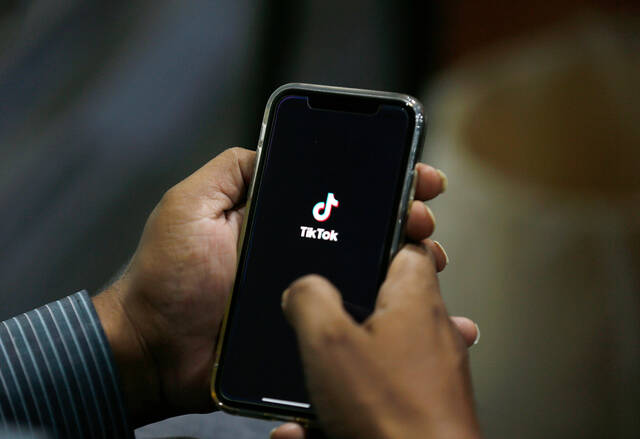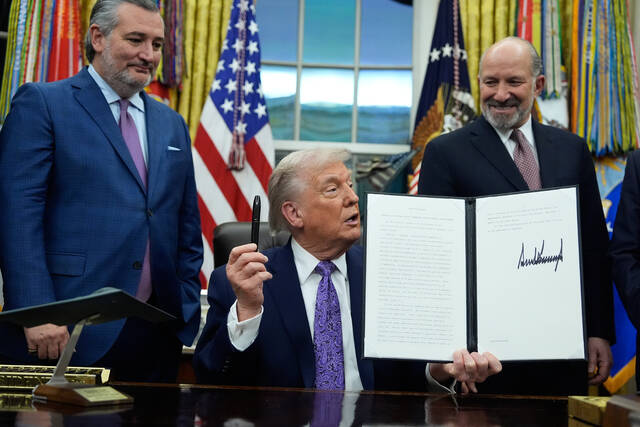Forget the Phone Free February challenge — an alternative trend has emerged called “Flip Phone February.”
Instead of using smartphones, some people have been purchasing the once-popular flip phones to allow them to unplug from apps that have left them addicted to screen time, such as social media platforms Instagram, TikTok, Facebook or X.
@gma Welcome to "Flip Phone February!"???? ABC News' Deborah Roberts is joining the new challenge where people trade their smartphones for the simpler throwback form of communication. Would you join the trend? #FlipPhoneFebruary #FlipPhone #Trends ♬ original sound - Good Morning America
There is a subreddit community called r/flipphonefebruary, but it’s small, with only 191 members as of Wednesday. On the page, people discuss their experiences and tips during the challenge.
A New York Times technology reporter, Kashmir Hill, switched to a flip phone for a month last year after she said she realized she was addicted to her smartphone.
However, it might be impossible for some people to make the switch to a flip phone, as certain apps may be required for everyday life.
Navigation apps, for example, assist people in travel, CBS News reported, and two-factor authentication smartphone apps may be needed to access certain work platforms.
Hill said texting anything longer than two sentences was excruciating, citing the T9 texting style of pressing the numbers multiple times to find each letter.
Despite challenges, she said she ended up thriving during the month without her smartphone.
“It was a relief to unplug my brain from the internet on a regular basis and for hours at a time,” Hill wrote. “I felt that I had more time, and more control over what to do with it.”
Alternatively, the Phone Free February challenge is a nonprofit campaign encouraging people to be phone-free, or nearly phone-free, during February, The Washington Post reported.
Going completely phone-free isn’t practical for most people, the Post said. Instead, Jacob Warn, who co-created the campaign run under the Global Solidarity Foundation, said the goal is for people to reduce their overall smartphone usage.
The vast majority of Americans own a smartphone, and roughly a third say they’re “almost constantly” on various devices, including phones, according to the Post. Experts recommend cutting back phone use by just an hour each day to see significant health benefits.
More screen time is associated with higher rates of obesity, sleep problems and mental health issues, according to emerging research.
Psychologists are treating an increasing number of people who are addicted to their devices as well, the Post said.
Teens getting four or more hours of screen time each day were more likely to experience anxiety and depression, according to a report from the Centers for Disease Control and Prevention’s National Center for Health Statistics, CBS News reported.








